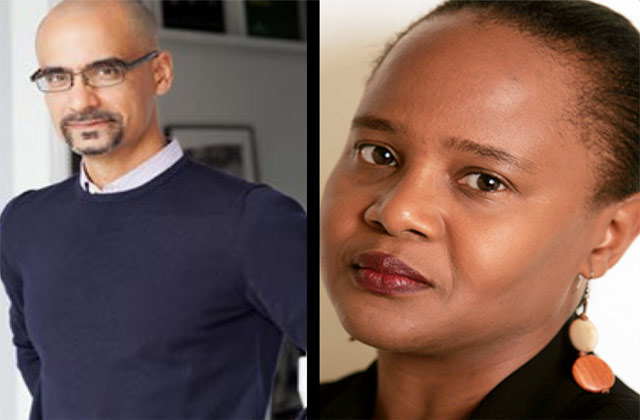Junot Díaz and Edwidge Danticat have been friends for 20 years now. Danticat hails from Haiti and Díaz, across the border in the Dominican Republic. In the summer issue of Americas Quarterly the two immigrants from the island of Hispaniola discuss a shared responsibility to fight the Dominican Republic’s landmark constitutional ruling last September that left more than 200,000 people of Haitian descent stateless. Due to intense international pressure, including from Díaz and Danticat, the Dominican Republic this May established a pathway to citizenship. But the battle is far from won. As Danticat says, "Two novelists are not going to solve this problem"–but it’s always a treat to listen to them try anyway:
Why should the world–and especially citizens of the Americas–be paying attention to what’s going on in the Dominican Republic? Given that you are both children of the island of Hispaniola living in the U.S., why is this issue important to you?
DIAZ: …that island is my birthplace and one of my two homes; and if people like me don’t fight its injustices, don’t fight for the better future we deserve, who will? As a Dominican living in the U.S., it matters to me a whole hell of a lot that political elites in the D.R. are inflaming ethnic-racial hatred against Haitians to divide the pueblo and keep it from organizing against its real enemies–the elites themselves….
DANTICAT: Both Junot and I–correct me here if I am wrong, Junot–grew up in relative poverty on our respective sides of the island….
DIAZ: Oh yes, poverty aplenty.
DANTICAT: In both our lives, even when we were living on the island, we were also aware of our relative privilege when we traveled to see the relatives or spent time in the campo or the pwovens [rural provinces]. That makes you extraordinarily aware of what opportunity means. And it makes you hypersensitive to seeing not just a few but a slew of rights and opportunities being taken away in one swoop.
You hope you would always speak up. Even when the issue is not as clear as this. You hope you would speak up if someone is sleeping on the floor in an immigration cell in Texas, or if people are being tortured in Guantánamo, no matter what their nationality. People’s lives are being affected here in a way that touches their children and their children’s children.
Read the full interview on Americas Quarterly.
